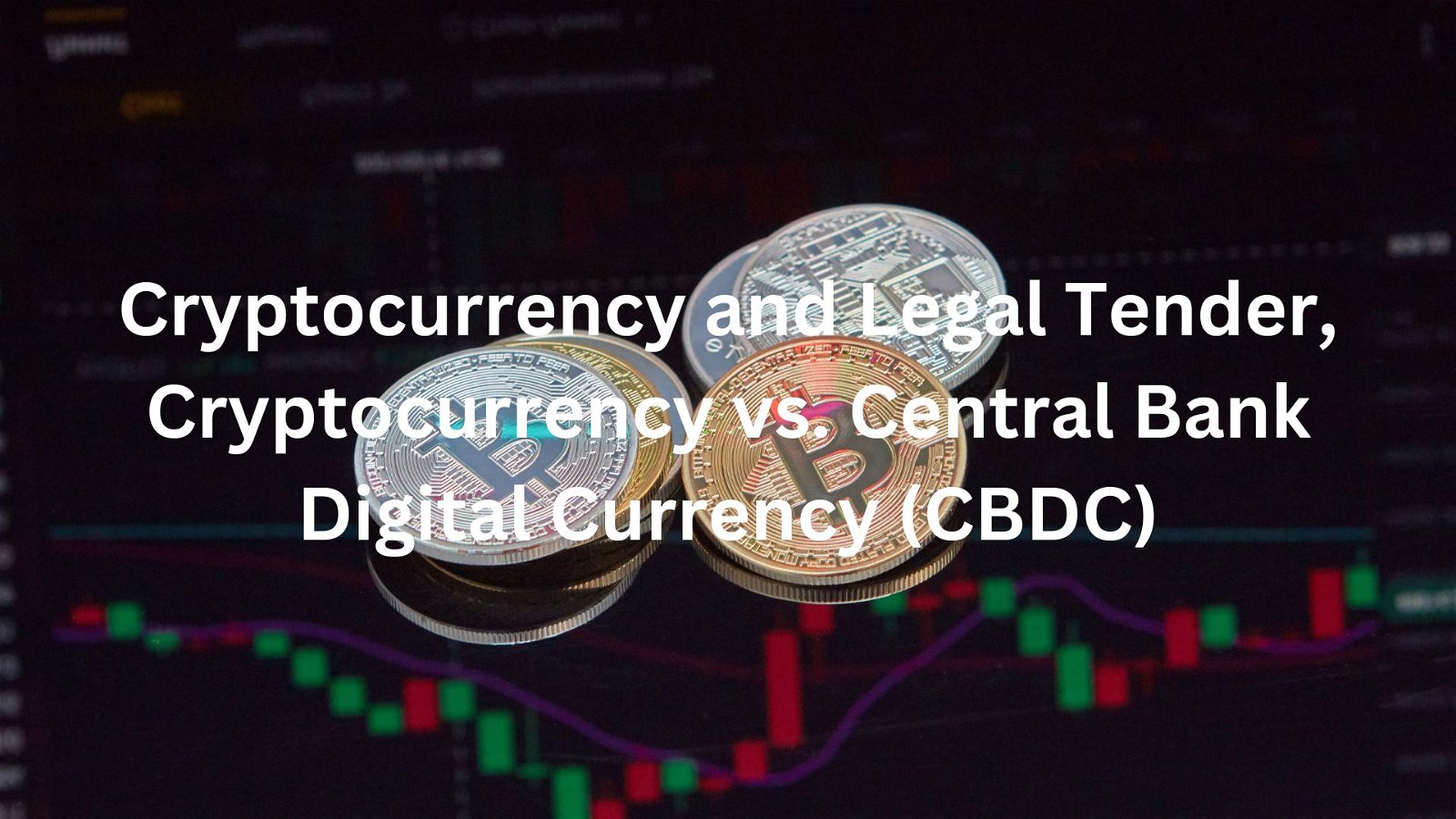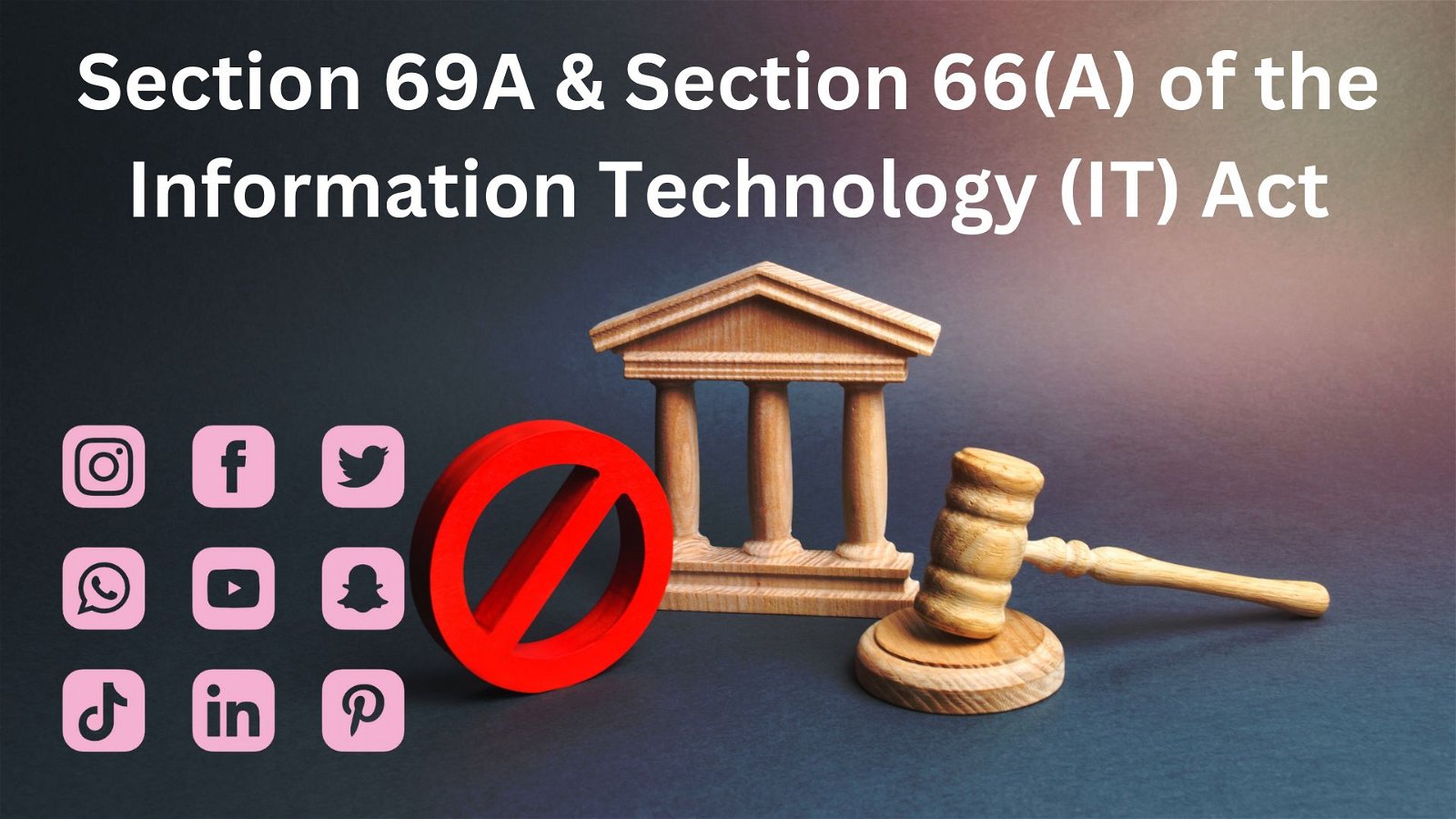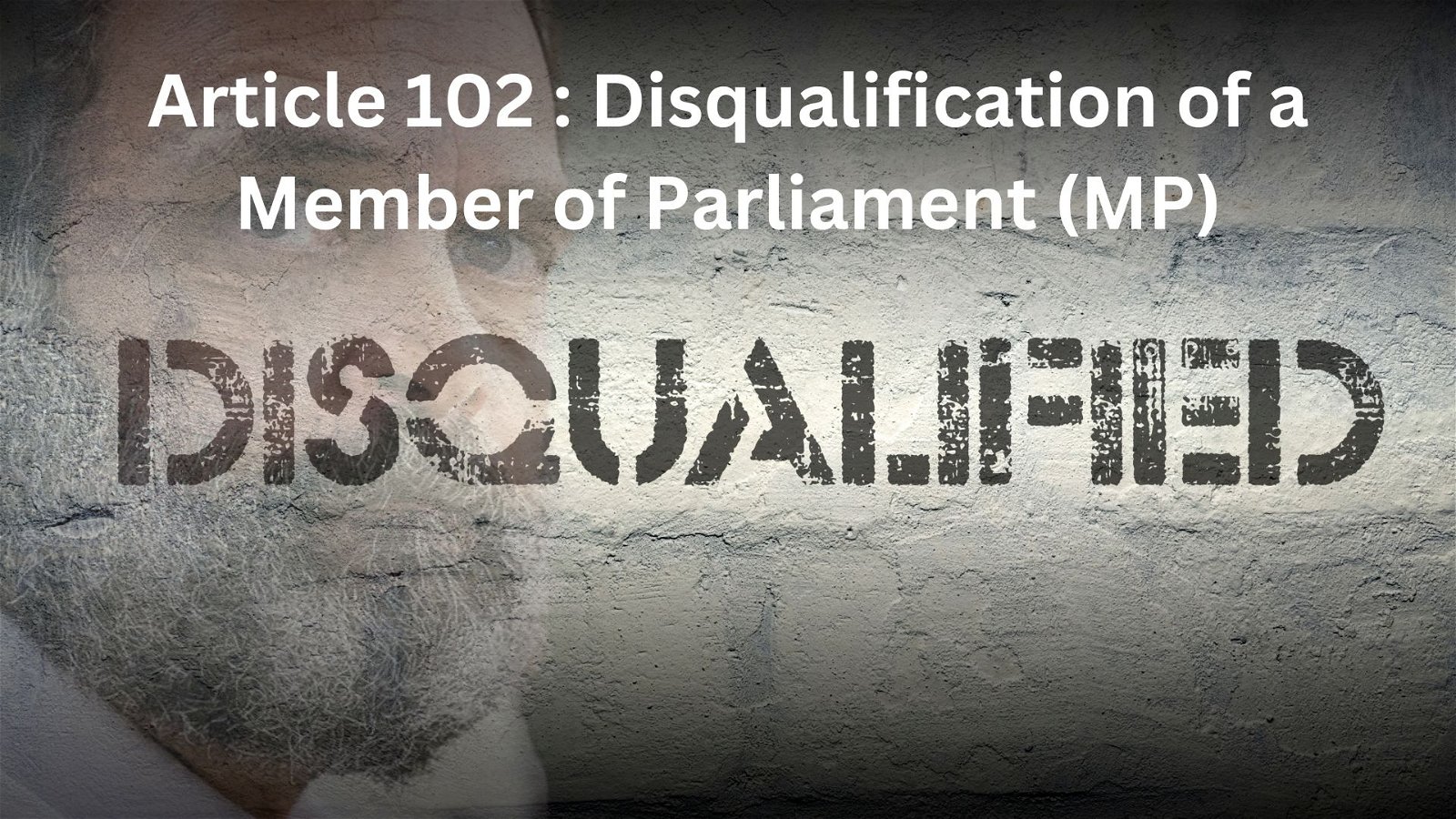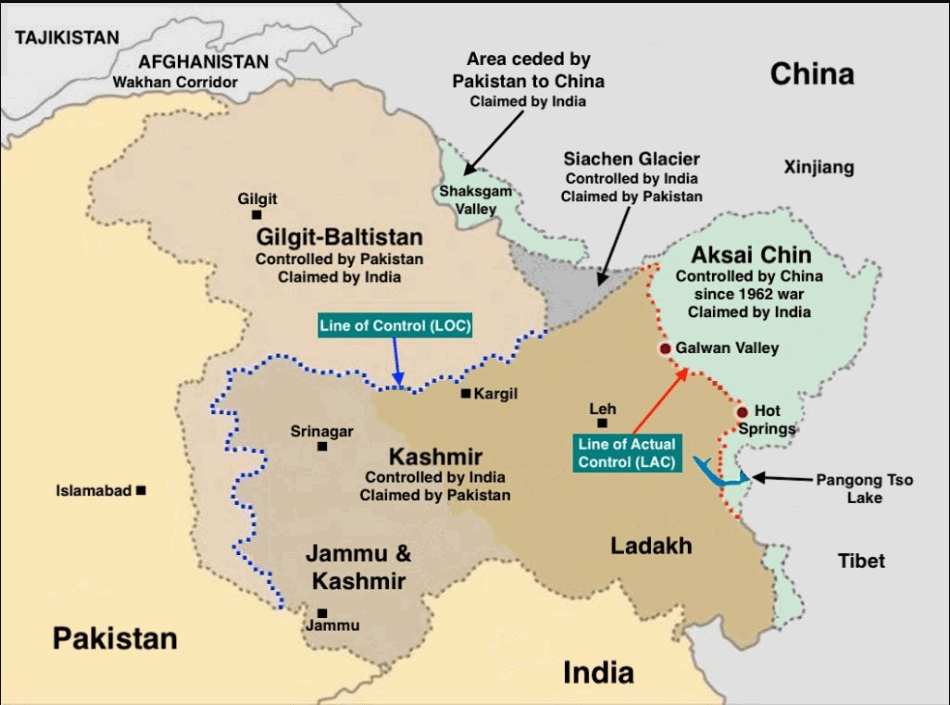
Does the Governor of a State Have the Powers to Dismiss a Minister? NO
Subscribe to Never Miss an Important Update! Assured Discounts on New Products!
Must Join PMF IAS Telegram Channel & PMF IAS History Telegram Channel
- Context (TH): The Governor of Tamil Nadu, R.N. Ravi, has dismissed V. Senthilbalaji, a Minister in the Council of Ministers of Tamil Nadu.
- The act of dismissing a Minister without the recommendation of the Chief Minister puts the federal system in jeopardy. It will lead to the collapse of the constitutional machinery of the state.
Power of Governor
- The Governor is a mere constitutional head and can act only on the aid and advice of the Council of Ministers headed by the Chief Minister.
- The dismissal of a Minister by the Governor without the advice of the CM is unconstitutional.
- Under Article 164 of IC, the Governor appoints the Chief Minister without any advice from anyone. But he appoints the individual Ministers only on the advice of the Chief Minister.
- The Chief Minister alone has the discretion to choose his Ministers. He decides who will or will not remain a Minister in his Council.
- Article 164 implies that the Governor cannot appoint an individual Minister according to his discretion. So, constitutionally, the Governor can dismiss a Minister only on the advice of the Chief Minister.
Appointment of Ministers under the Government of India Act, 1935
Constitutional assembly debate on the discretion of Governors
|
Judicial clarification on the Powers of a Governor
- In Shamsher Singh and Anr vs State Of Punjab (1974), a seven-judge Constitution Bench declared that the President and Governor shall exercise their formal constitutional powers only upon and in accordance with the advice of their Ministers save in a few well-known exceptional situations…
- In Nabam Rebia vs Deputy Speaker and Ors (2016), SC ruled that Article 163 of the IC does not give the Governor discretionary power to act against or without the advice of his Council of Ministers.
- In Mahabir Prasad v. Prafulla Chandra (1969), SC has concluded that the governor’s pleasure under Article 164(1) is subject to Article 164(2). Thus, the withdrawal of the governor’s pleasure must coincide with the withdrawal of support to the ministry by the assembly.
Legal vs Moral obligations
- It will be desirable if Ministers facing charges quit on their own or they are removed by the respective Chief Ministers. In the past, the framing of charges in the trial court has led to Ministers being removed, but it remains a moral high ground and not a mandatory feature of the Constitutional system.





![PMF IAS Environment for UPSC 2022-23 [paperback] PMF IAS [Nov 30, 2021]…](https://pmfias.b-cdn.net/wp-content/uploads/2024/04/pmfiasenvironmentforupsc2022-23paperbackpmfiasnov302021.jpg)











